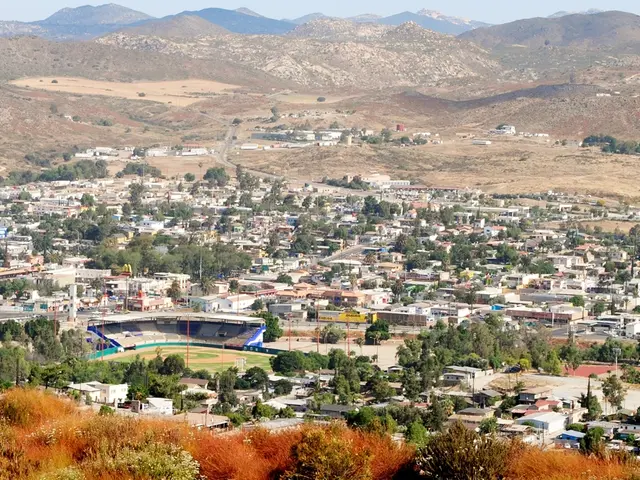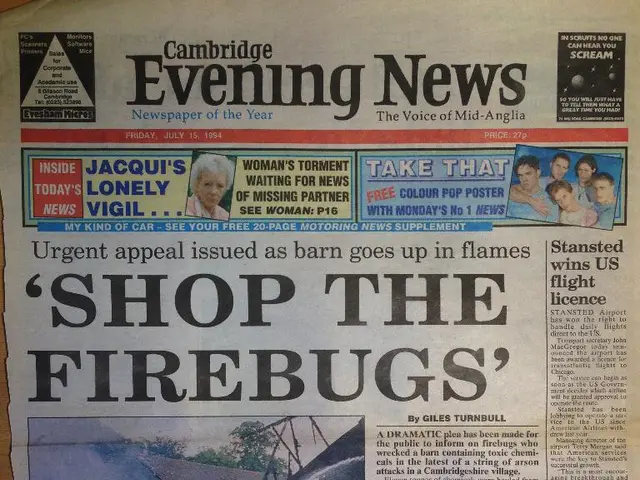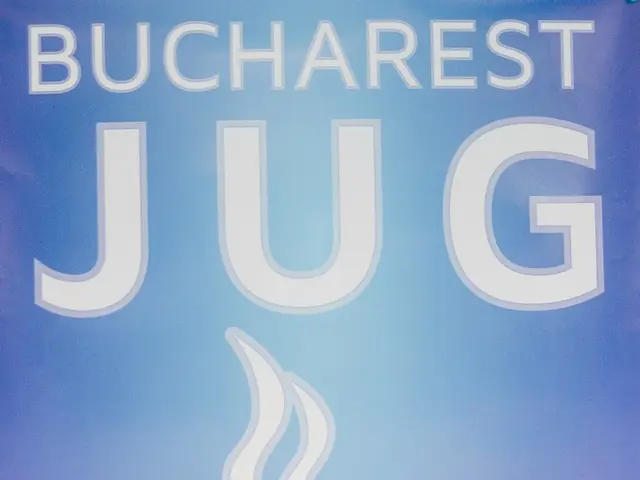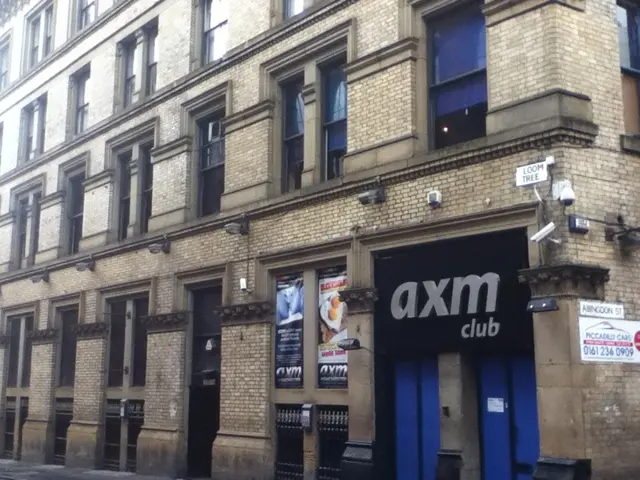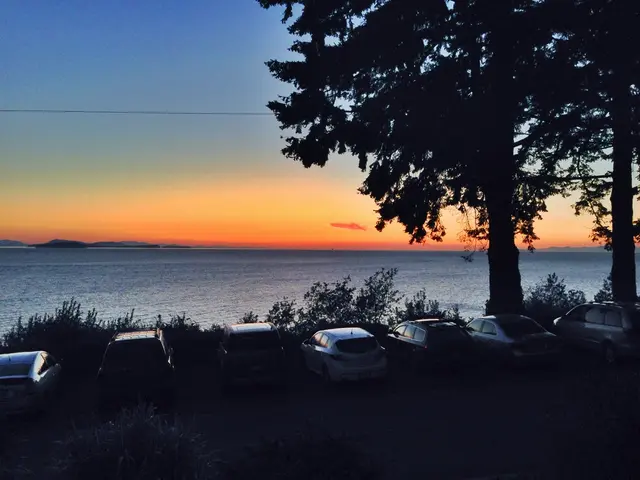Explained Fee for H-1B Visa Applicants: A One-Time, Non-Annual Fee Debunking Eight Common Myths, Applies Primarily to Foreign Professionals Seeking US Employment
In a recent development, President Donald Trump has signed an executive order that introduces a $100,000 fee for H-1B visa applications filed for workers currently outside the United States. This order, however, does not affect those already living and working in the U.S.
The new order, which takes effect after September 21, 2025, is not retroactive and does not cancel or revoke current H-1B visas. It applies only to new petitions filed after the specified date.
Employers are now required to obtain and retain documentation showing that the payment described in section 1 of the proclamation has been made before filing an H-1B petition on behalf of an alien outside the United States.
The order also aims to raise prevailing wage levels for H-1B applicants and instructs the Department of Homeland Security (DHS) to prioritise high-paid, highly skilled applicants. This shift in focus means that the H-1B program no longer favours entry-level foreign workers.
For workers already in the U.S., nothing changes immediately. However, renewals and transfers may become more expensive if employers choose to refile petitions abroad.
The order warns against misuse of B-visas and will issue strict guidance to prevent backdoor hiring. It also states that the $100,000 fee order is limited to 12 months and will be revisited after that period.
The Secretary of State, Attorney General, Secretary of Labor, and Secretary of Homeland Security will jointly submit a recommendation on the extension or renewal of the fee requirement 30 days following the H-1B lottery that immediately follows the proclamation.
Notably, the Department of Homeland Security can waive the $100,000 requirement for key national interest industries like defence contractors, critical STEM research, or essential healthcare workers. Companies considered to serve important national interests, such as those employing doctors, may be exempt from the fee imposed by Homeland Security, allowing case-by-case exemptions if it is deemed in the national interest.
It is important to note that the onus of paying the fees for H-1B visa applications remains on employers, not the applicants. The new executive order is a significant shift in the H-1B visa policy, aiming to prioritise high-skilled, high-paid workers while ensuring the integrity of the visa system.
Read also:
- A Business Model Explained: Its Purpose and Benefits for Your Venture
- Trump administration faces lawsuit by Denmark's Ørsted over halted wind farm project
- U.S. takes a pledge of $75 million to foster Ukrainian resources development
- Deep-rooted reinforcement of Walkerhughes' acquisitions through strategic appointment of Alison Heitzman


